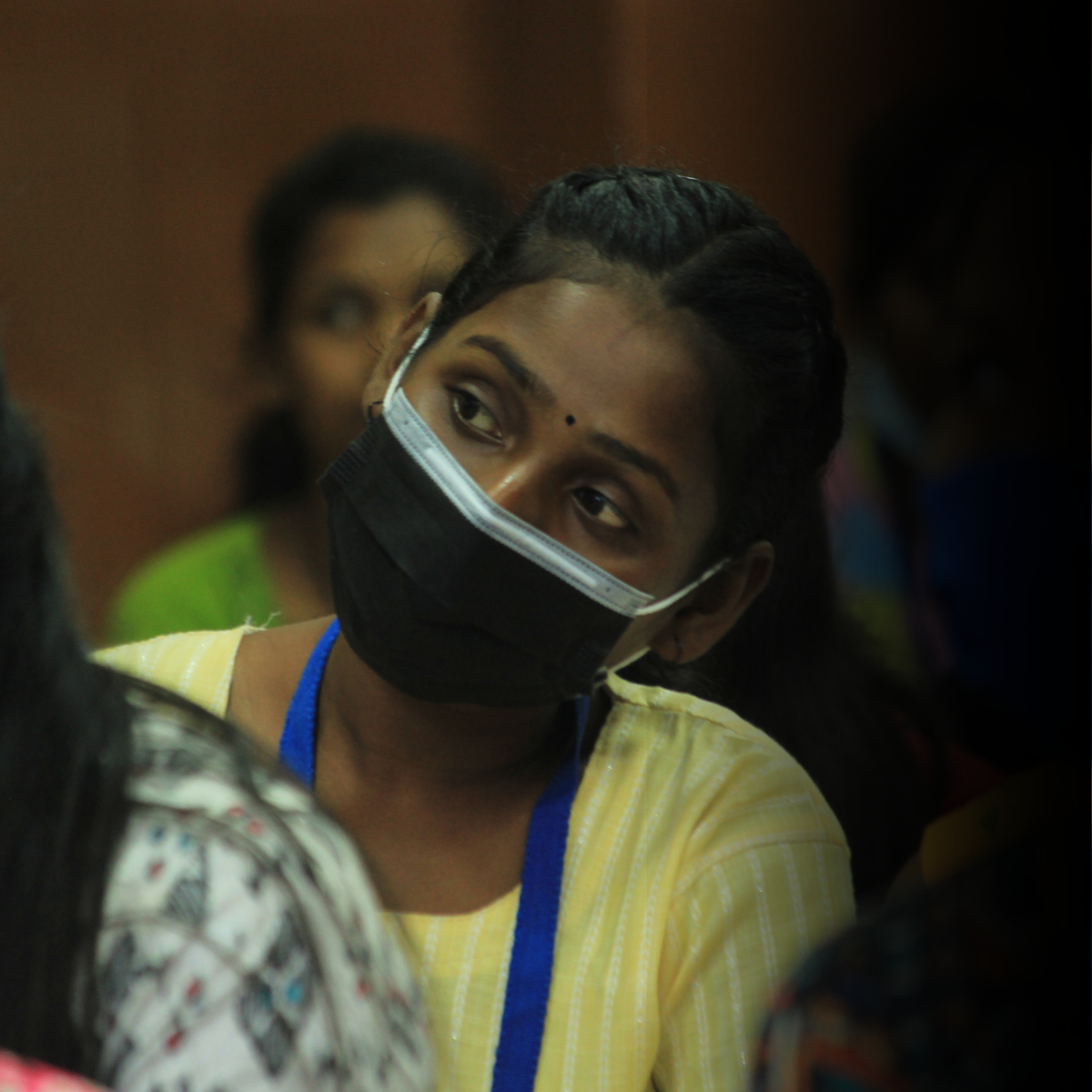
The Context of Our Work
If the girls in our community get a proper education and know their rights, they can stand for themselves and make their own decisions.
-Sanjuckta and Pranjuckta, young women of Shadhika
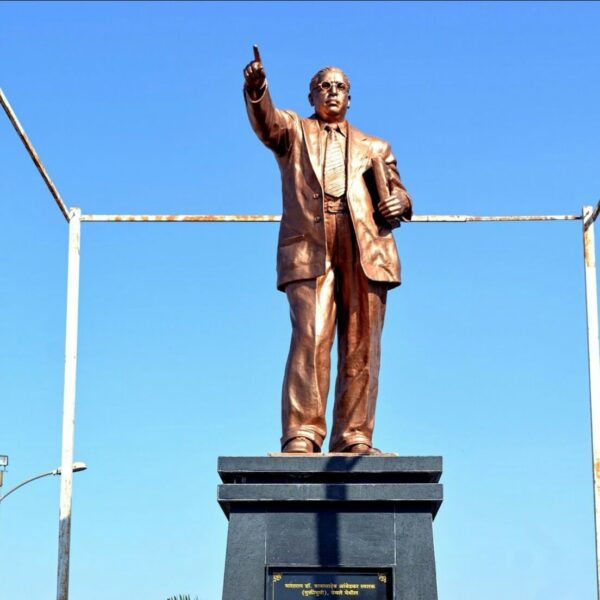
California Could Become the First State to Ban Caste Bias as Prejudices Linger
Following the case by the state’s Civil Rights Department against the caste discrimination by two engineers at Cisco Systems three years ago, the State Legislature has sent a bill to Gov. Gavin Newsom that could make California the first state to expressly prohibit such bias.
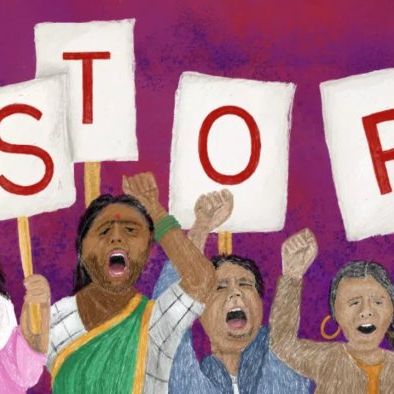
Deadly Communal Violence Flares in India
“The latest communal violence comes against a broader rise in hate crimes against minority groups. A study by economist Deepankar Basu noted a 786% increase in hate crimes against all minorities between 2014 and 2018”
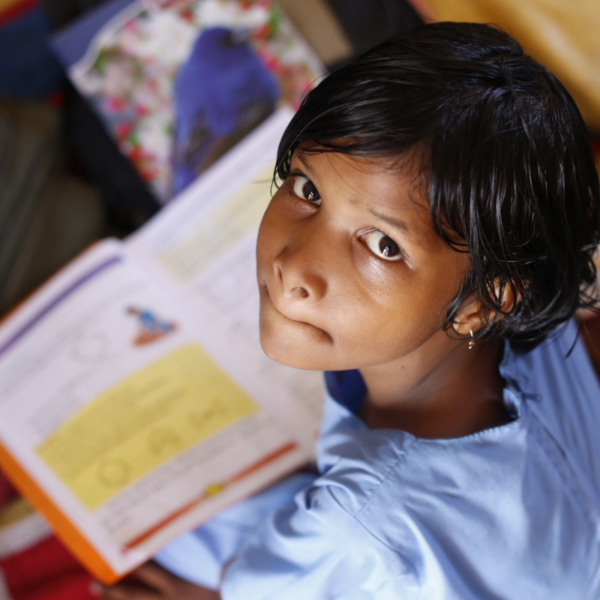
Number of Schools in India Declined by 20,000 in 2021-’22, Shows Government Data
The data also showed that the number of teachers declined by 1.95% from 2020-’21 to 2021-’22. The study found that enrollment of students in pre-primary sections dropped by 1.15 million from 2020-2021 to 2021-2022.

75% Women Journalists Experience Online Violence, 18% Receive Threats of Sexual Violence: Report
The report titled The Chilling: Global trends in online violence against women journalists was commissioned by UNESCO surveyed over 1,000 journalists in 15 countries over 3 years. Globally, India is among 12 countries where killers of journalists can still get away with impunity.
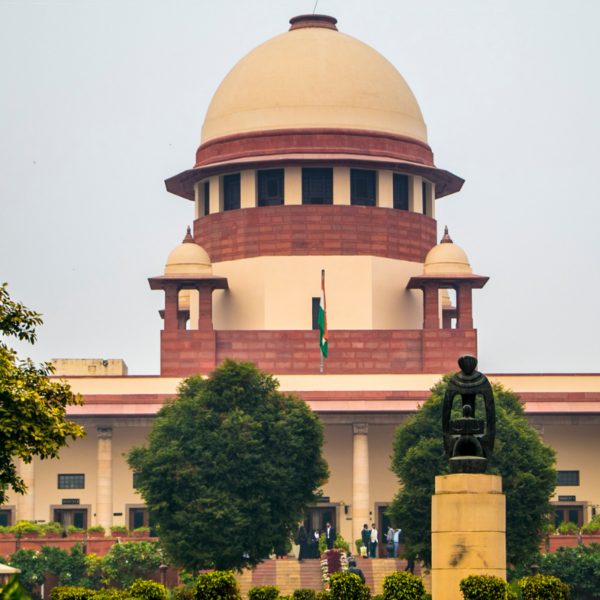
Supreme Court Upholds Constitutional Validity of EWS Quota
The Supreme Court upheld the validity of the 103rd Constitutional Amendment which provides 10% reservation in government jobs and educational institutions to ‘economically weaker sections’ but excludes the ‘poorest of poor’ among Scheduled Castes, Scheduled Tribes, Socially and Educationally Backward Classes and Other Backward Classes from its scope.
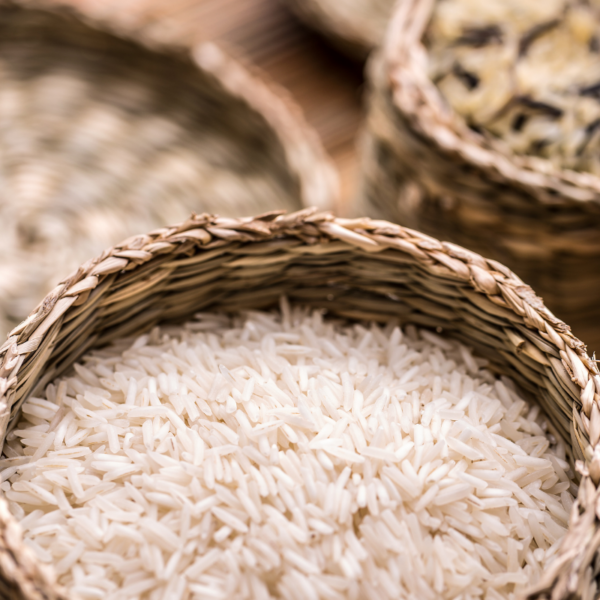
India Ranks 107 On The 2022 Global Hunger Index
In the Global Hunger Index, 2022, India ranked 107 out of 121 countries, well behind its South Asian neighbors, with the child wasting rate at 19.3% being the highest in the world. With a score of 29.1, the level of hunger in India has been labeled “serious”.
COVID-19 and its aftermath
The COVID-19 pandemic has reshaped the world, laying bare the stark disparities in how intersectional contexts affect communities, and how interconnected we are despite the gaps that separate us. In 2020, Shadhika raised nearly $30,000 in COVID emergency funding keeping Shadhika’s core operations intact, allowing all the partners to keep their doors open, and funding 100% of Shadhika Scholars to stay in school. 2 years later, we are yet to recover from the lasting impact the pandemic has left within the communities we work with.
Learn more from conversations with Shadhika’s Scholars and Partners of the long-term challenges and systemic disparities that have emerged in light of the pandemic.
